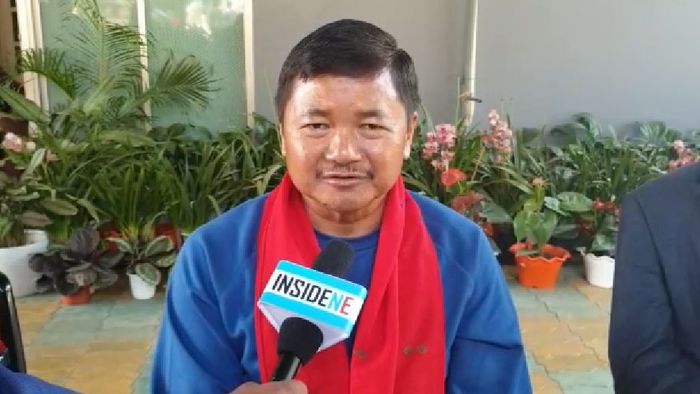2.5 lakh Rohingya nationals given ID cards in Bangladesh: UN

- May 19, 2019,
- Updated May 19, 2019, 1:43 AM IST
Guwahati, May 18, 2019:
The United Nations has said that the organization has registered more than 2.5 lakh Rohingya refugees and provided them with their first-ever identification cards and proof of their right to return to Myanmar in the future.
The UN refugee agency also said the registration could serve as a tool for law enforcement to help counter human trafficking which many Rohingyas have allegedly fallen prey to.
UN spokesman Andrej Mahecic said that over a quarter of a million Rohingya refugees from Myanmar have now been jointly registered and provided with identity cards by Bangladesh authorities and UNHCR.
Some 740,000 Rohingya refugees fled a Tatmadaw crackdown in August 2017 and crossed the international border to Bangladesh where 300,000 members of the persecuted Muslim minority were already in camps.
Many refugees who fled Myanmar said there had been mass rapes and slaughters in the villages from where they had been driven out, and in a report published last September, the fact-finding mission said there were reasonable grounds to believe the atrocities.
The Rohingya people are a stateless Indo-Aryan ethnic group who reside in Rakhine State, Myanmar. There were an estimated 1 million Rohingya living in Myanmar before the 2016–17 crisis. By December 2017, an estimated 625,000 refugees from Rakhine, Myanmar, had crossed the border into Bangladesh since August 2017.
The majority are Muslim while a minority are Buddhist. Described by the United Nations in 2013 as one of the most persecuted minorities in the world, the Rohingya population is denied citizenship under the 1982 Myanmar nationality law.
According to Human Rights Watch, the 1982 laws "effectively deny to the Rohingya the possibility of acquiring a nationality". Although Rohingya history in the region can be traced back to the 8th century, Myanmar law does not recognize the ethnic minority as one of the eight "national indigenous races"